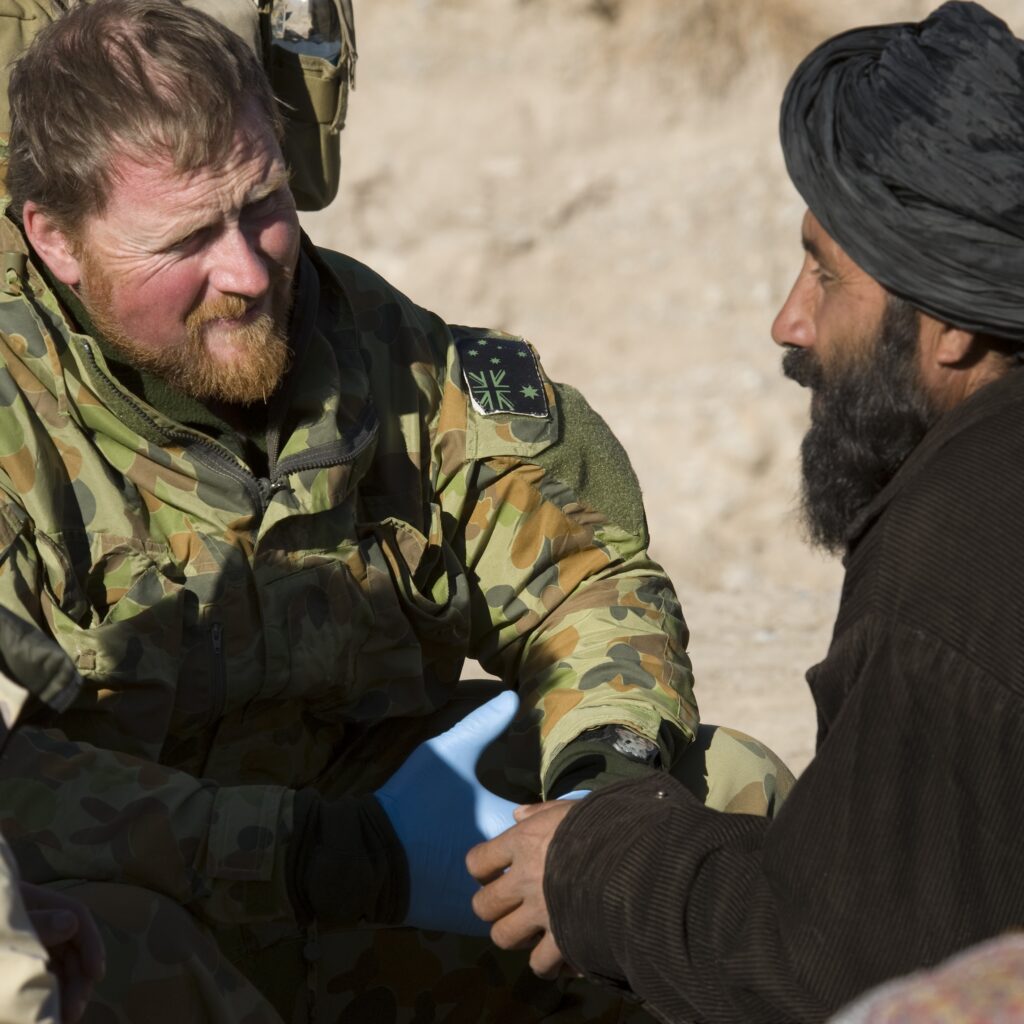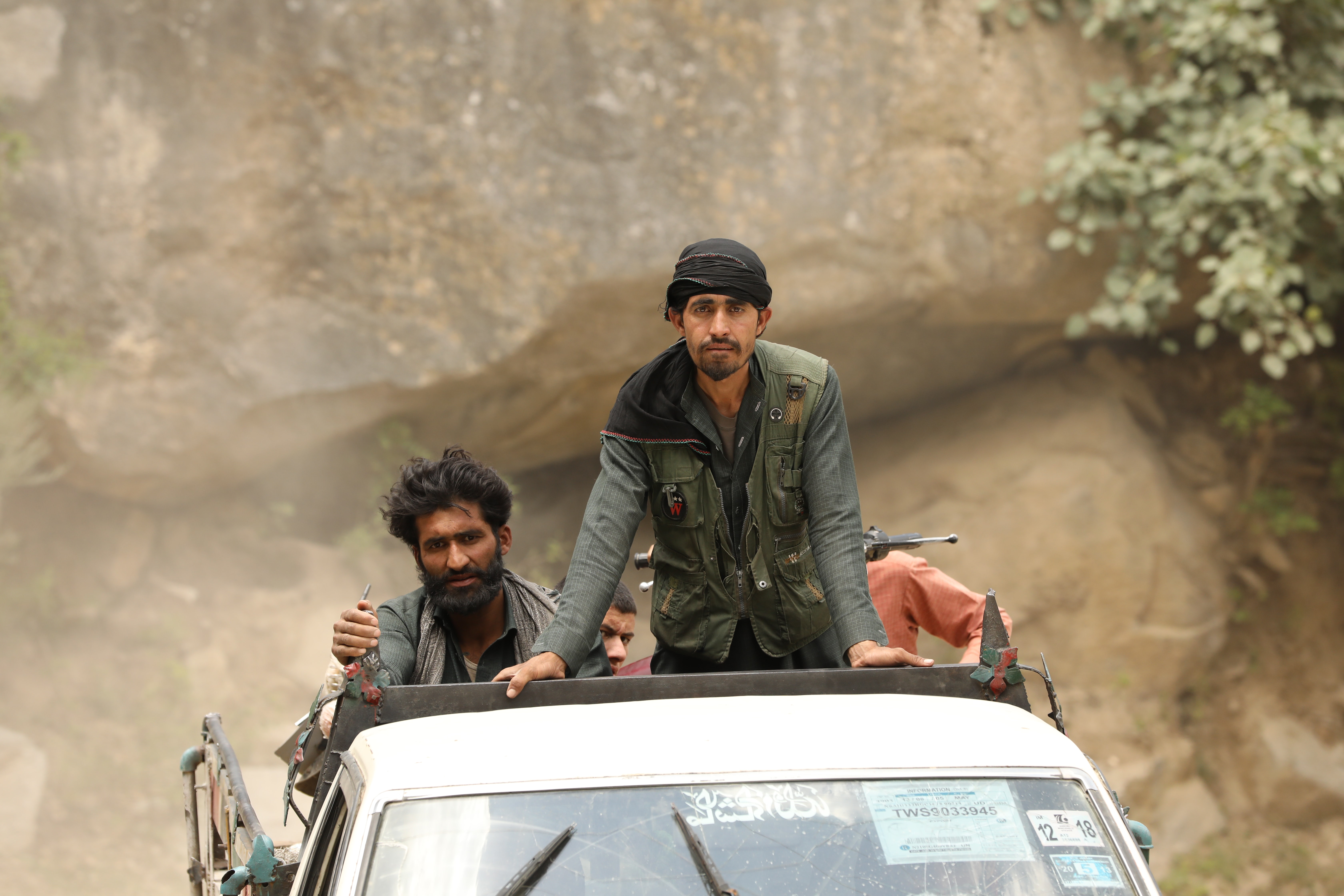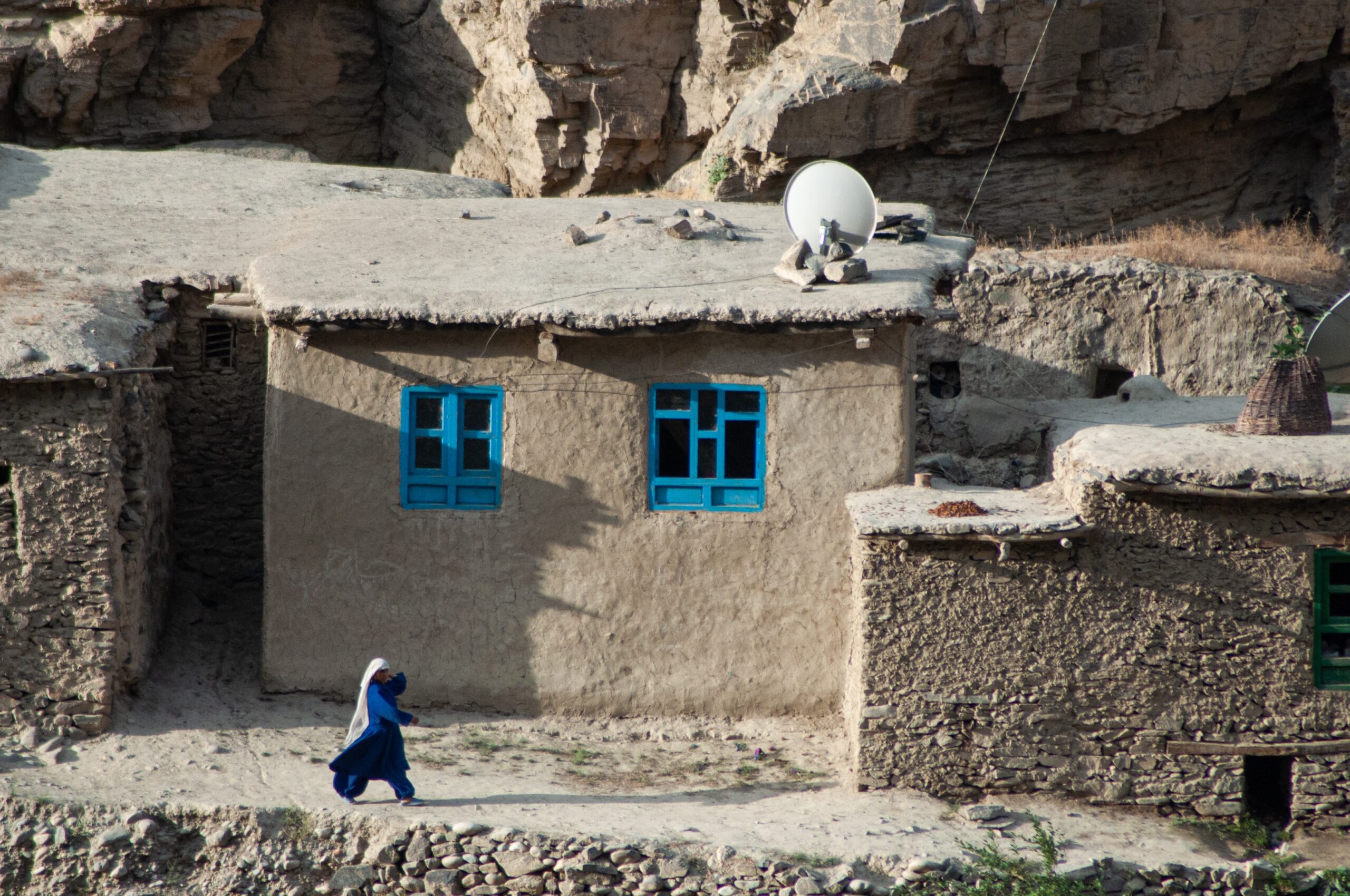Taliban Advances in Afghanistan and the Associated Risks Internationally
Taliban advances across all of Afghanistan in the last two weeks has brought the risk of devastating consequences to everyone’s attention. In just eight days, the Taliban has taken control of nearly all of Afghanistan’s 34 provinces. On this week’s International Risk Podcast, our Host Dominic Bowen is joined by Nathan Mullins to discuss the risk landscape in Afghanistan. They discuss the role of international actors and the United Nations in Afghanistan. They also review the risks for women and children, as well as neighbouring countries.
Nathan has international and domestic experience in management and resourcing of operations in unstable, difficult environments in contested areas and difficult, austere circumstances. My background is in military special operations, policing, commercial and humanitarian access and security and I’ve worked on behalf of private and corporate clients, governments, and the United Nations in some of the world’s most difficult locations.

The last few days have seen Afghanistan demonstrate the fragility of the western-backed government and the Afghan security forces. With Kabul, Kandahar and Herat, the capital and the second and third largest cities now under control of the Taliban, as well the entire country, the outcome looks imminent. No major cities in Afghanistan remain under government control as the Taliban continues to take territory across Afghanistan.
Speaking with journalists late last week, some were still considering the risks of heading from Kabul to Mazar i Sharif to conduct interviews. With the Taliban only 11km away at the time the risks were significant. Whilst Mazar has a 30,000 force, we have seen similar sized security forces collapse in recent weeks. Their presence was not enough to mitigate the looming threat of a Taliban advance. Mazar i Sharif is now controlled by the Taliban as well.

Risk monitoring in Afghanistan insufficient
With people attempting to flee cities surrounded by the Taliban, they are realizing their risk monitoring was insufficient. With ATMs, airports and car rental companies closed, many people are stuck with no way to evacuate. And there have been several reports from cities where airlines are still operating that many people with tickets are still unable to board because of huge queues and security delays. The USA is sending 3,000 military personnel to support the Turkish soldiers already present at the Kabul airport to protect it against a likely Taliban attack.
On Friday afternoon, Antonio Guterres the UN chief called on the Taliban to immediately halt their offensive and negotiate in good faith in the interests of Afghanistan and its people. The UN, echoing what powerful UN member USA has been saying for the last few days, is that by gaining control by force is a “losing proposition” and will result in complete isolation and continued civil war. It is most realistic that the best case situation in Afghanistan is one that minimizes risk to civilians and essential infrastructure, as is as bloodless and orderly as possible. After 20 years of international occupation, only 37 percent of Afghan teenage girls can read, and it is expected that human rights and access to education, particularly by girls will rapidly decline in the coming weeks.
The Risks to Human Rights in Afghanistan
At least 1000 civilians in Helmand, Kandahar, and Herat have been killed indiscriminately. In every war, there is a significant risk of one or both sides of the conflict deliberately or accidentally killing civilians. Deliberately directing attacks against civilians is a serious violation of international humanitarian law and a war crime. There has already been calls for perpetrators of crimes committed over the last week to be held accountable. At the moment however, most people are focused on the immediate security situation. It appears that in many cities, Afghan soldiers have not put up a fight as the Taliban approached, and some even joined the Taliban. Thousands of police officers have abandoned their posts in recent months, whilst the Afghan Government says they are returning, and will be retrained and then redeployed. It is unlikely that any training and redeployment will mitigate the risks of the rapidly advancing Taliban. Many civilians in Herat and Kandahar say they cannot believe how quickly both cities fell after the Taliban’s effort to take two of Afghanistan’s largest cities.
There are indications, perhaps not surprising, that the Taliban are imposing severe restrictions on human rights in the areas under their control, particularly targeting women and journalists. The Taliban is already conducting house to house searches in Kandahar searching for Government sympathizers, hiding security forces, and Afghans that may have been supporting foreign militaries. The Taliban remain infamous for their acts when last in control of Afghanistan 20 years ago – denying education to women, carrying out public executions of their opponents, and persecuting minorities.
Ongoing negotiations in Doha are hoped to achieve an end to the current conflict but have produced few results. The Taliban has said that they would not attack foreign forces as they withdraw, but has refused to agreed to a ceasefire with the Afghani Government. Now the Afghan President has fled the country and left the people of Afghanistan to wonder what risks await them.
With hospitals overflowing, food and medical supplies running out, roads, bridges, schools, clinics and other critical infrastructure destroyed, the UN, the UK and the US have all said that whilst they are removing a lot of their civilian personnel, they will be maintaining diplomatic presence in Afghanistan.
In situations of uncertainty, there is risk, as well as potential opportunity. The international community should accept a reasonable amount of risk in responding to the humanitarian crisis that is likely to worsen in Afghanistan in the immediate future. We need the refugee and humanitarian organisations operating in Afghanistan and the United Nations should be leading efforts to reduce humanitarian suffering because of a withdrawal of foreign military forces.
